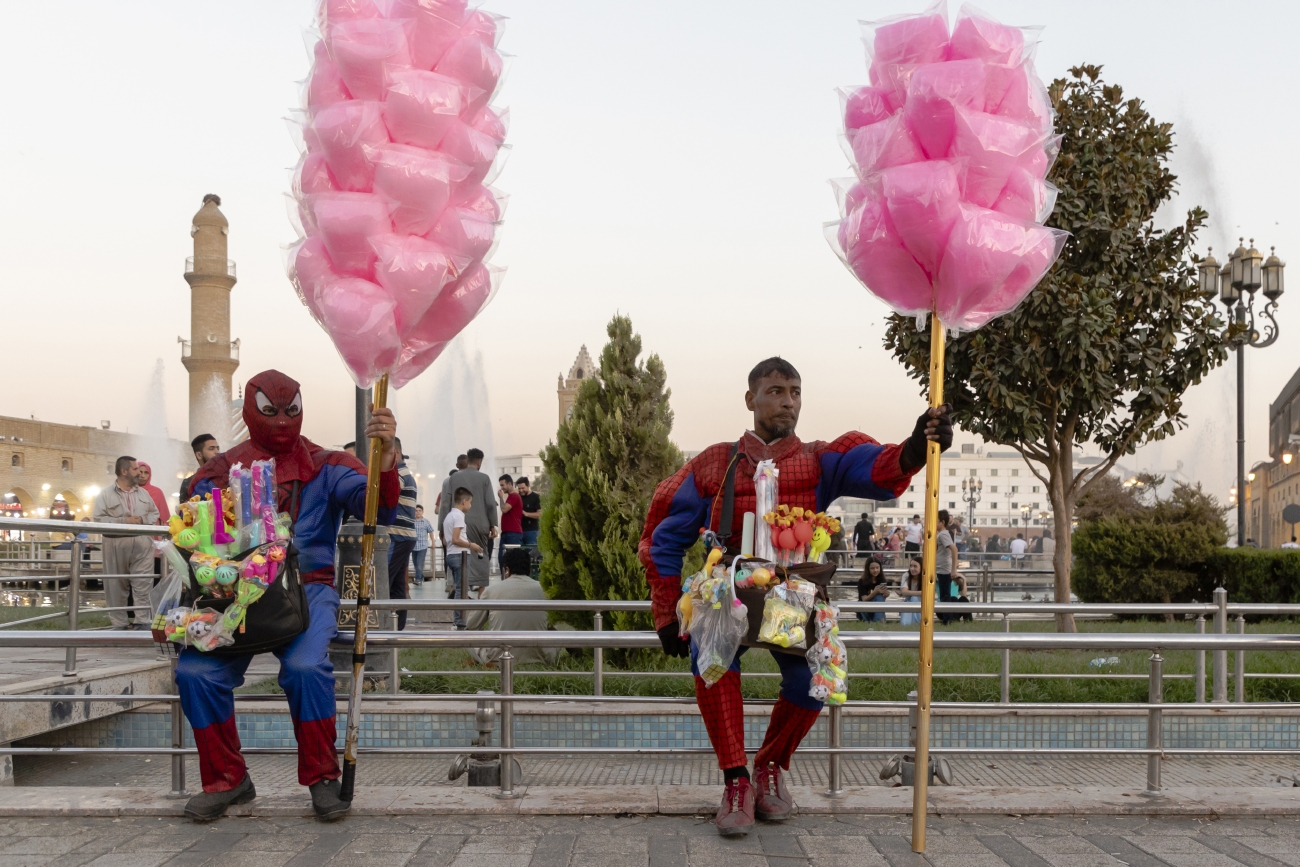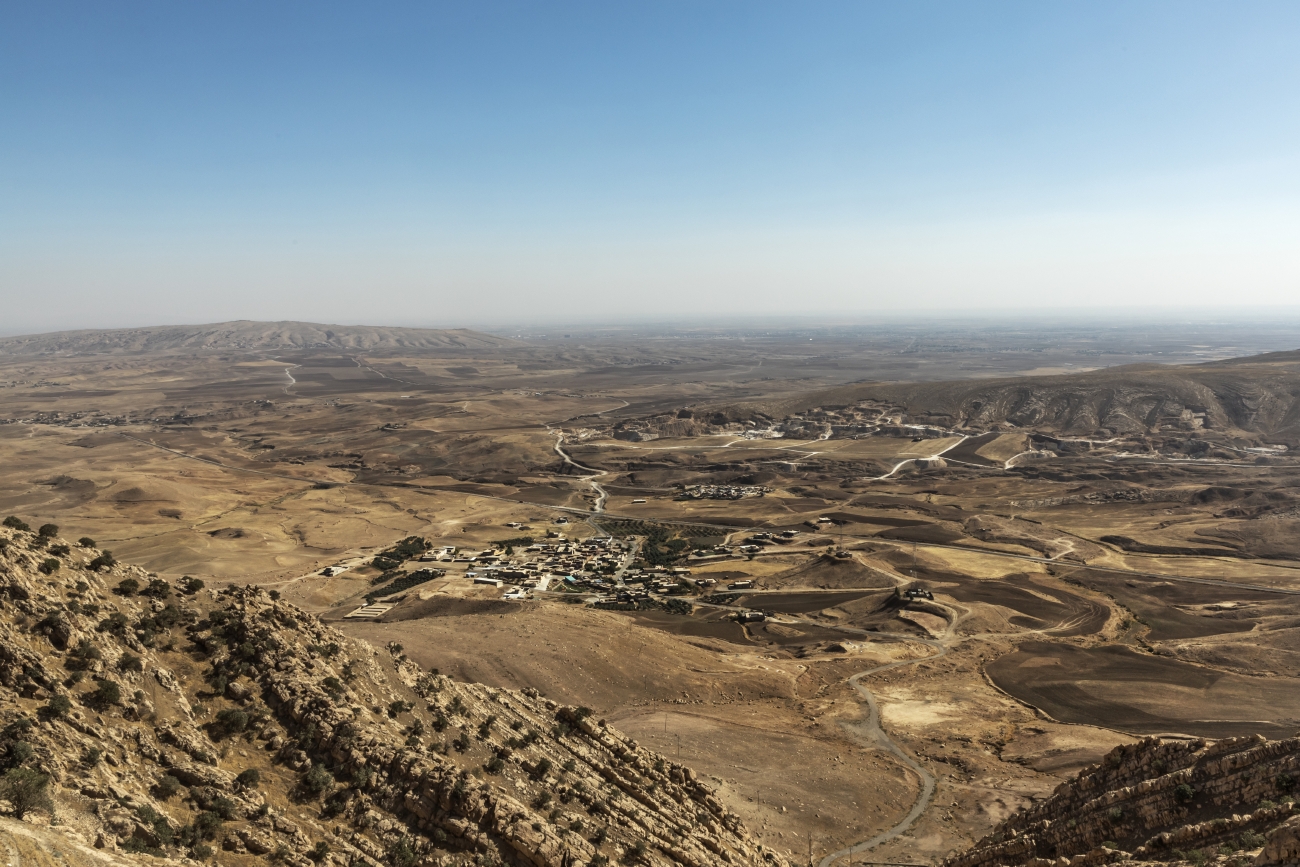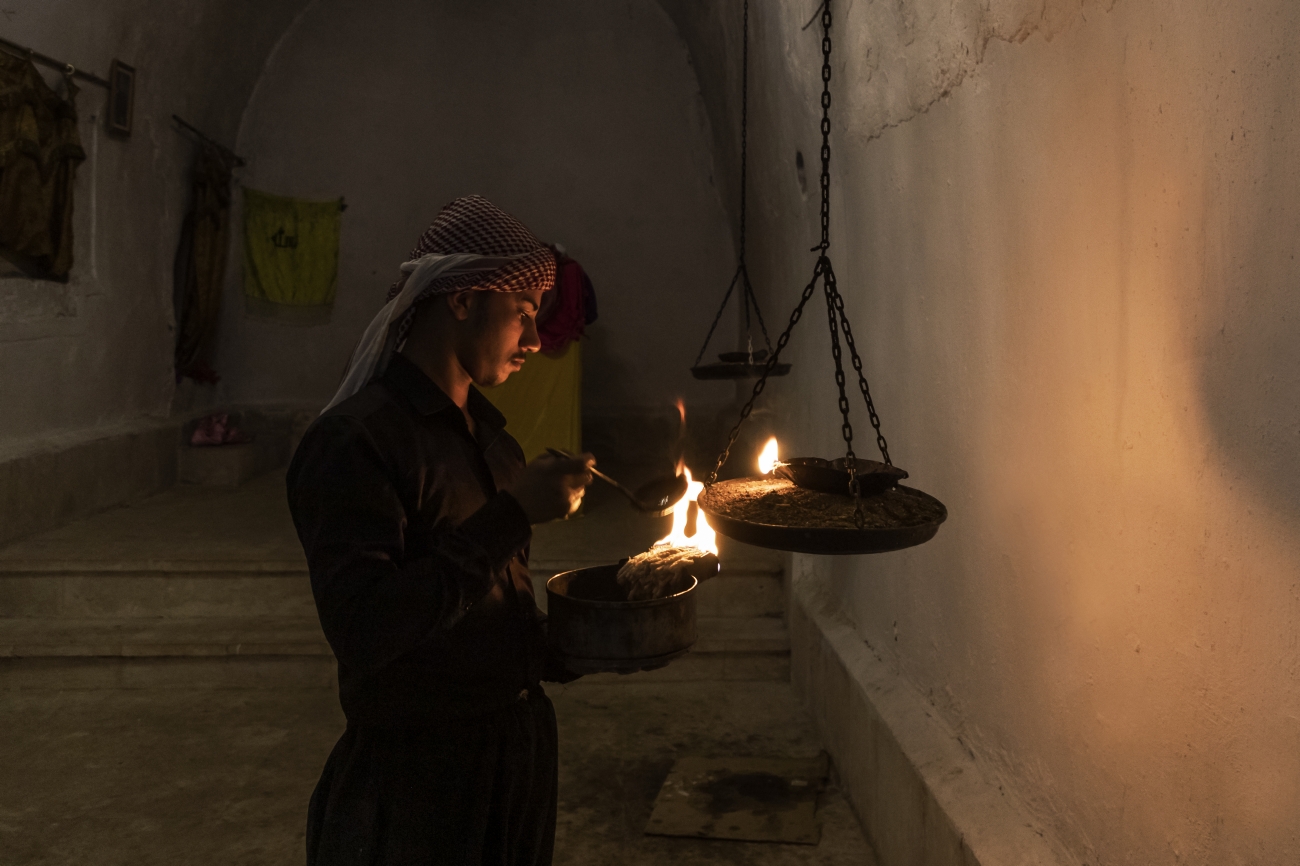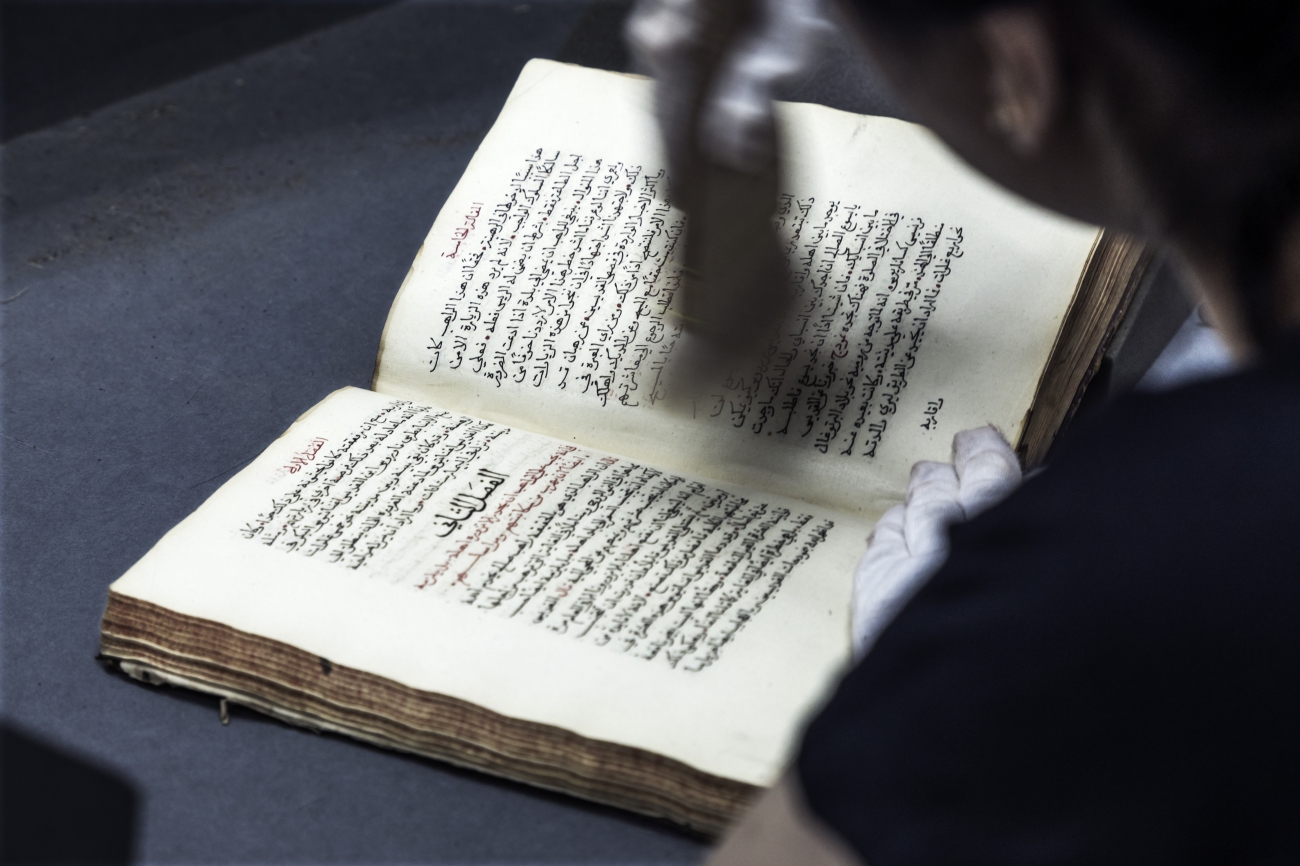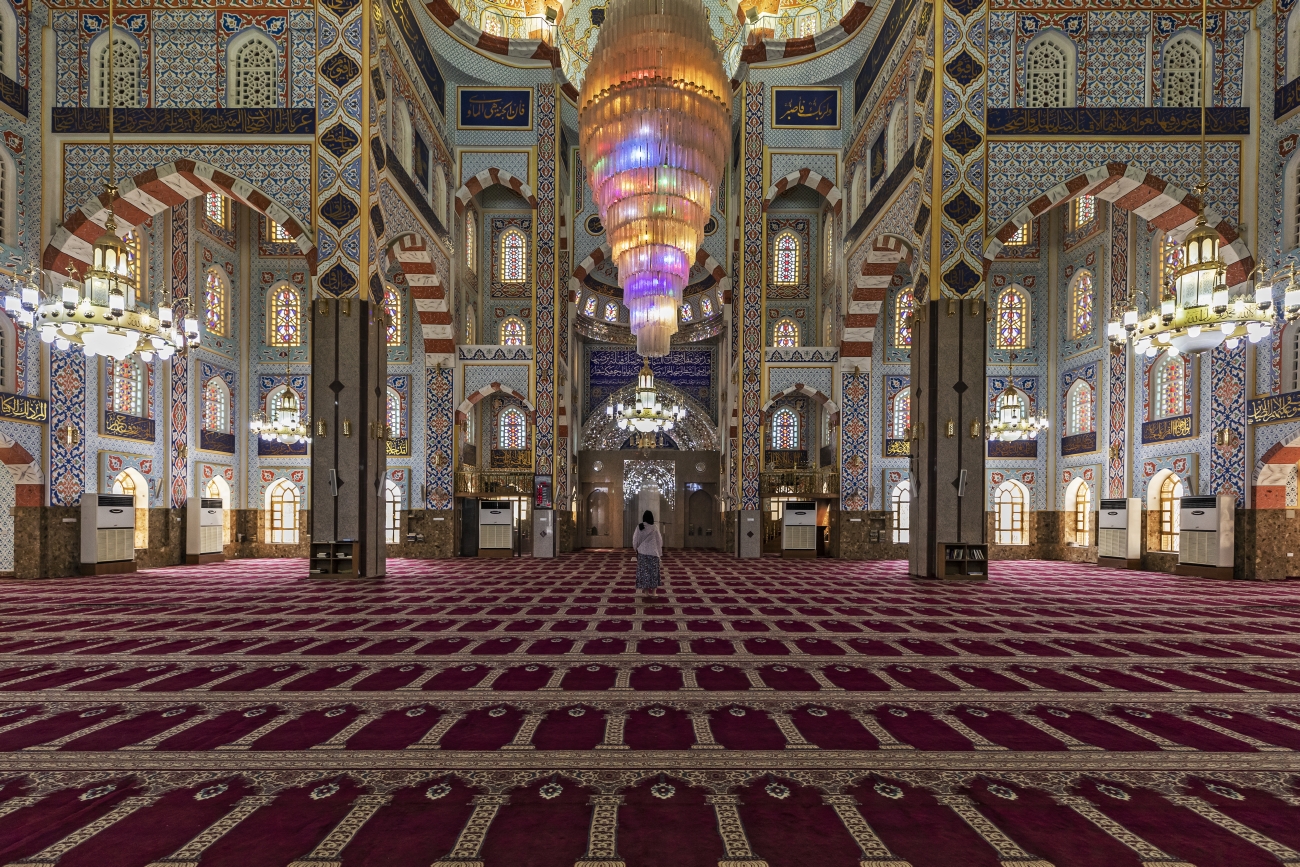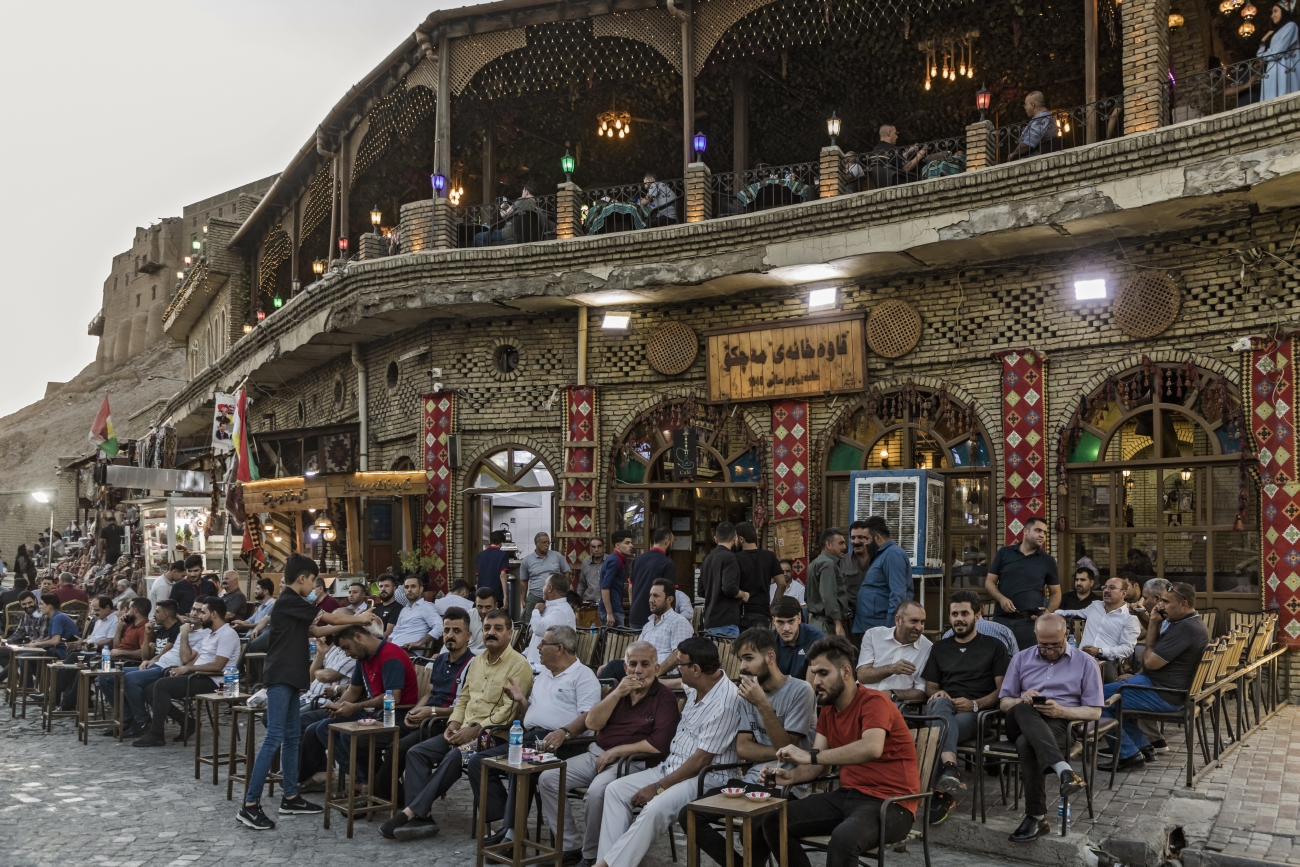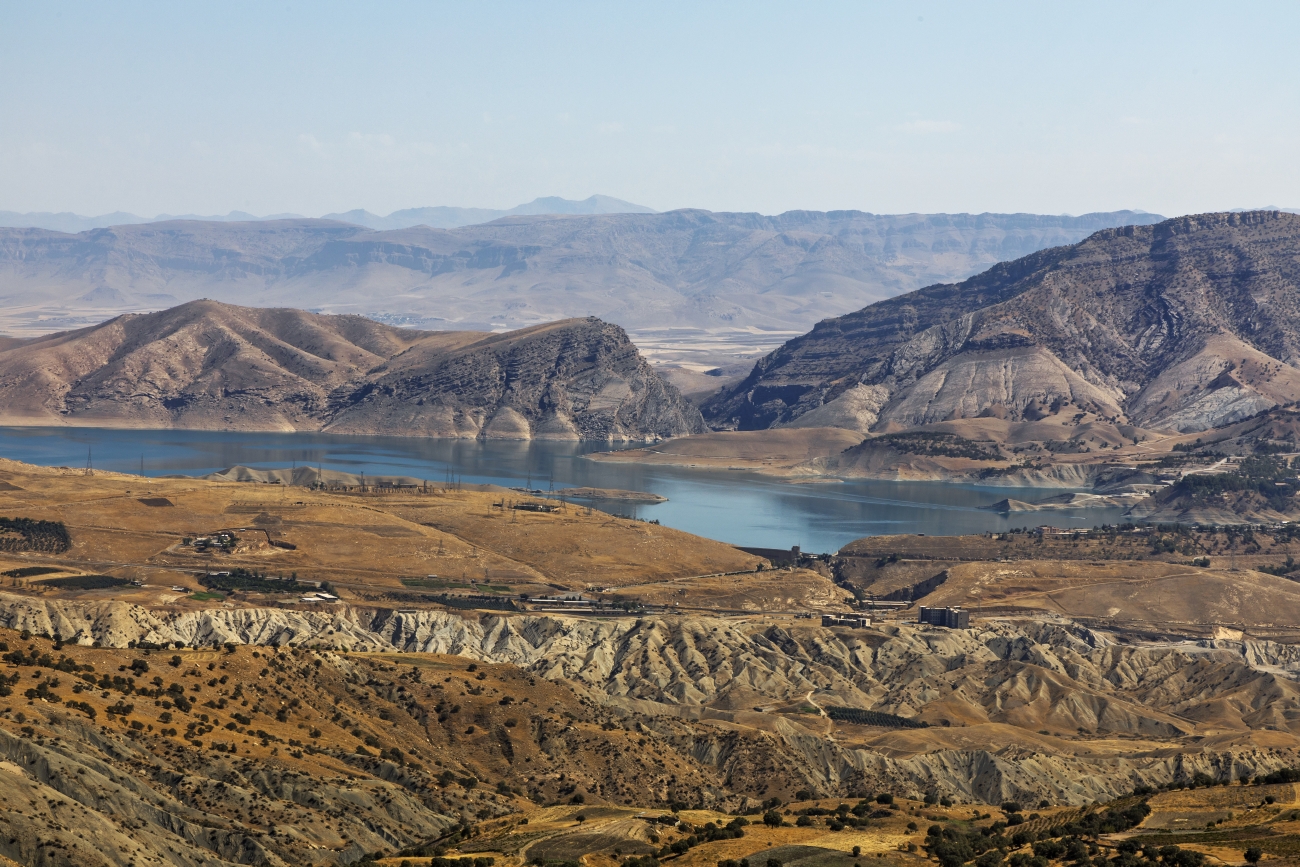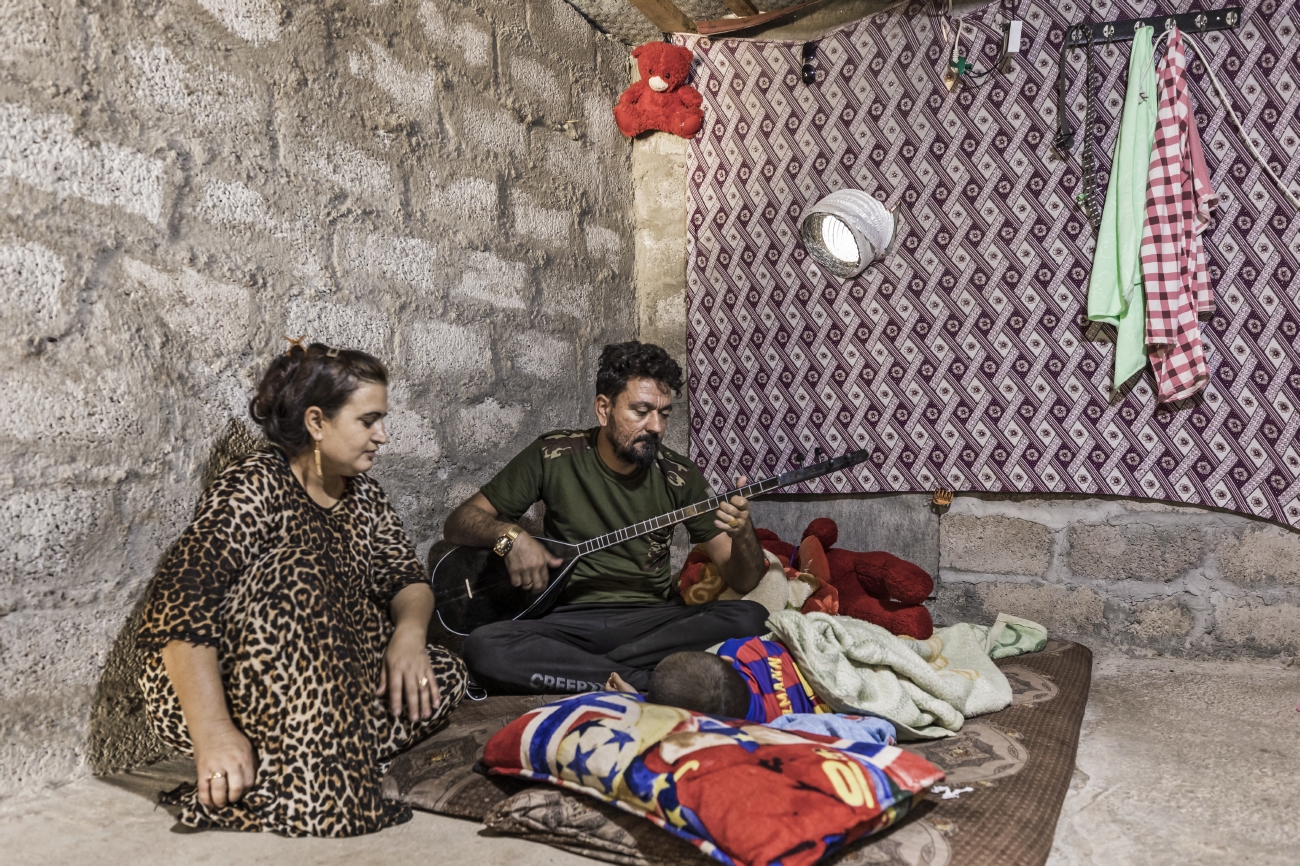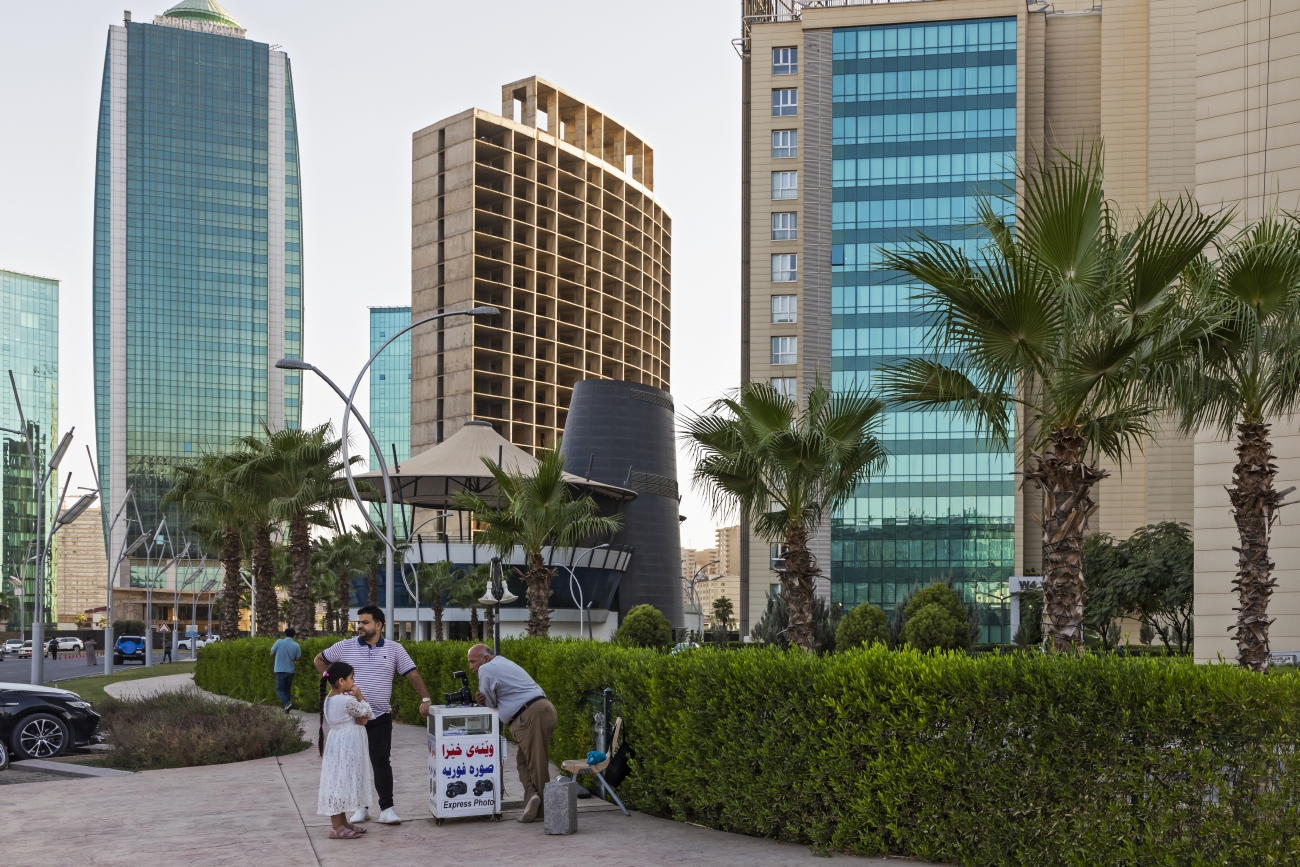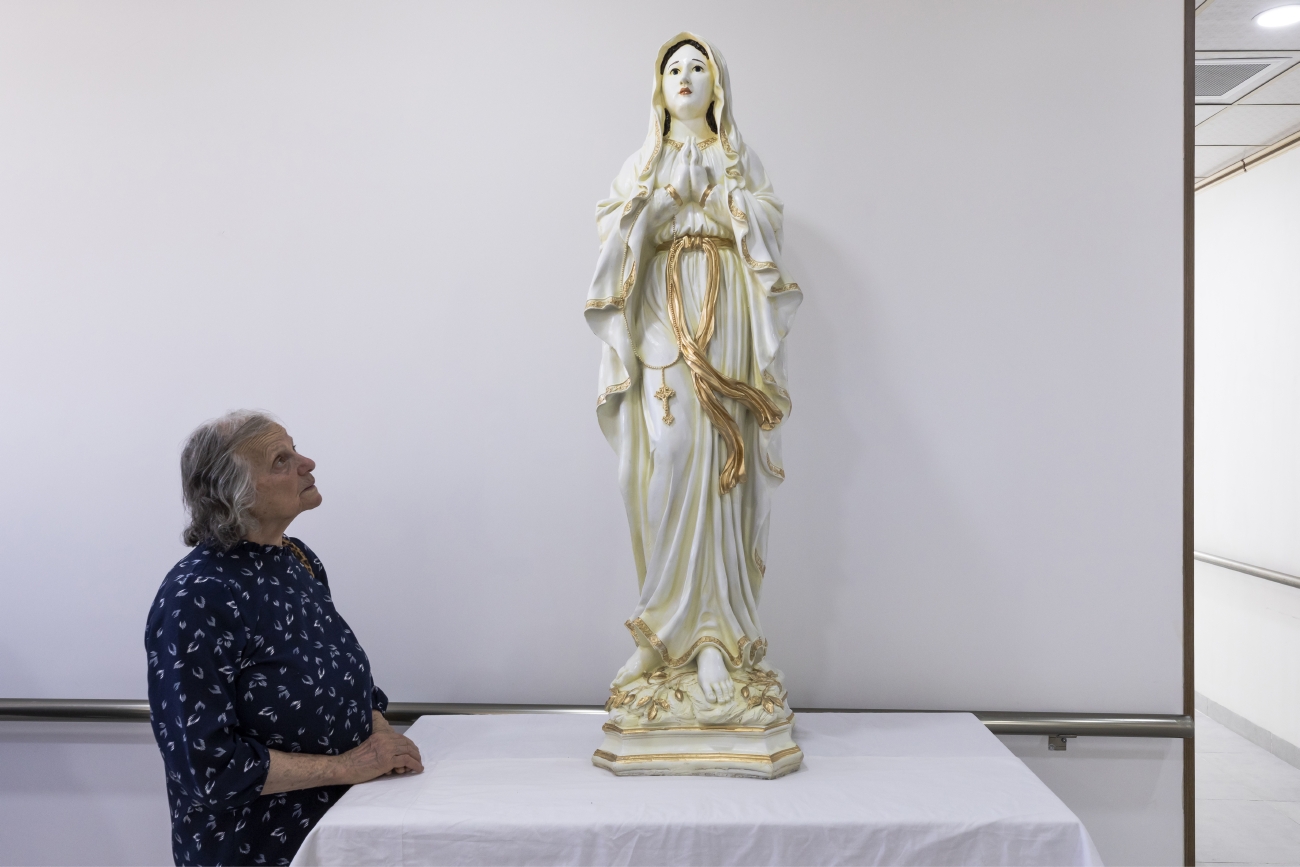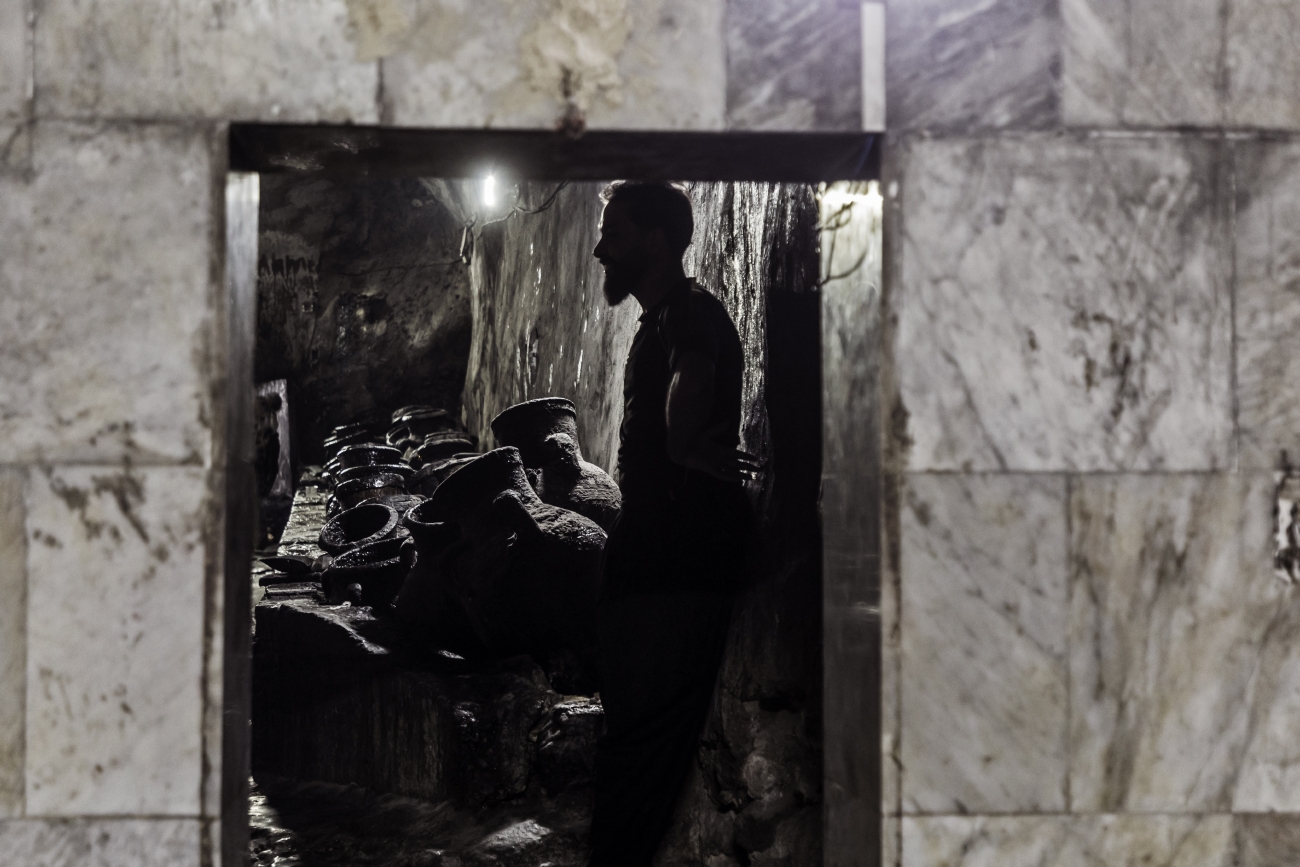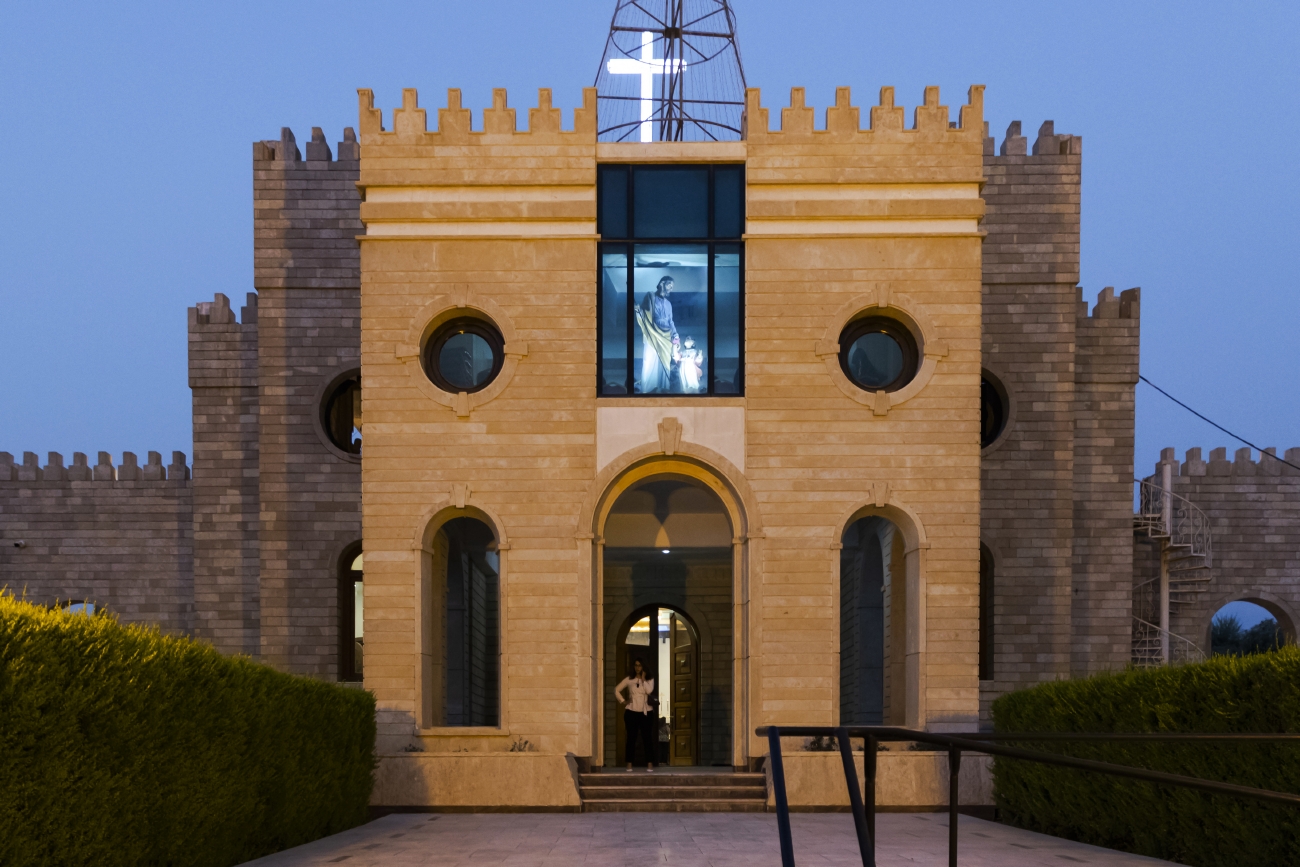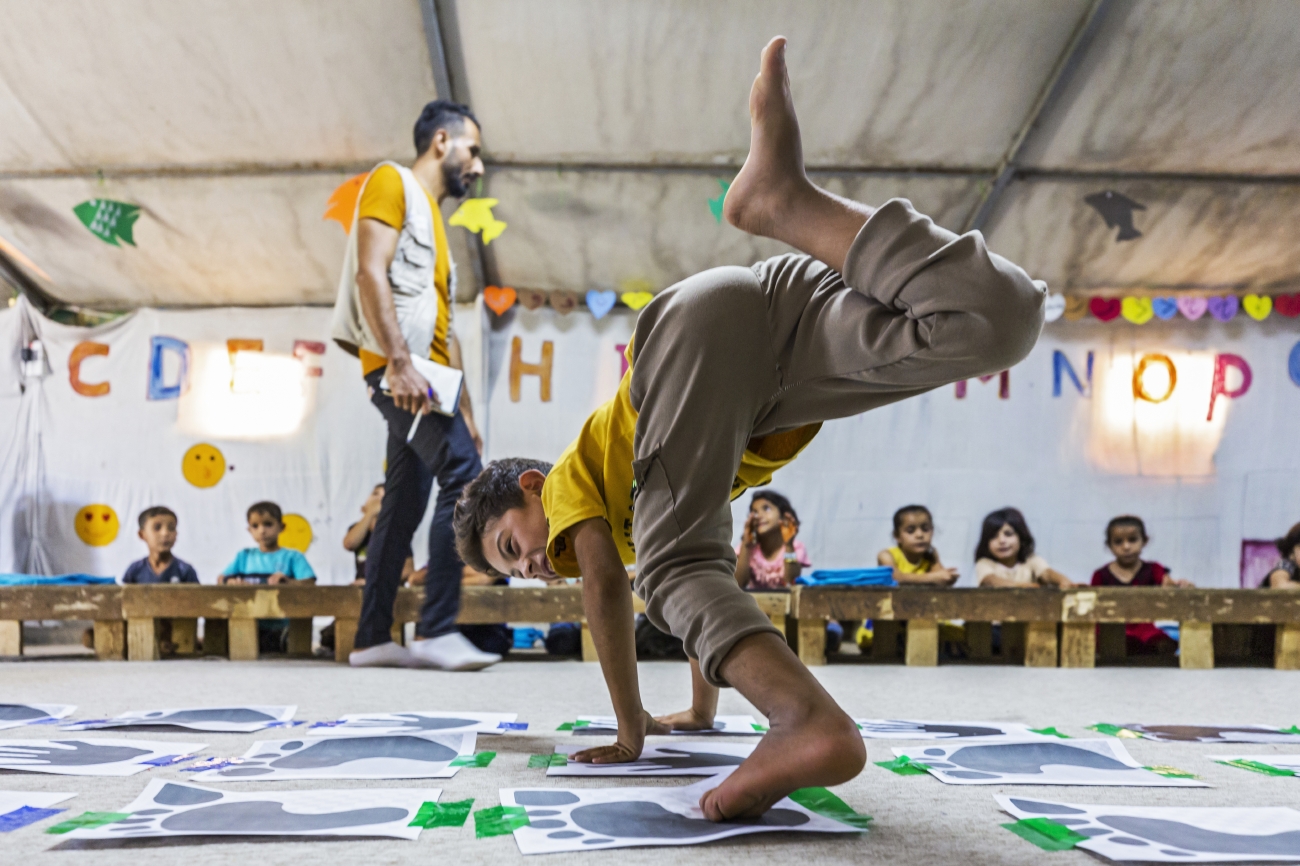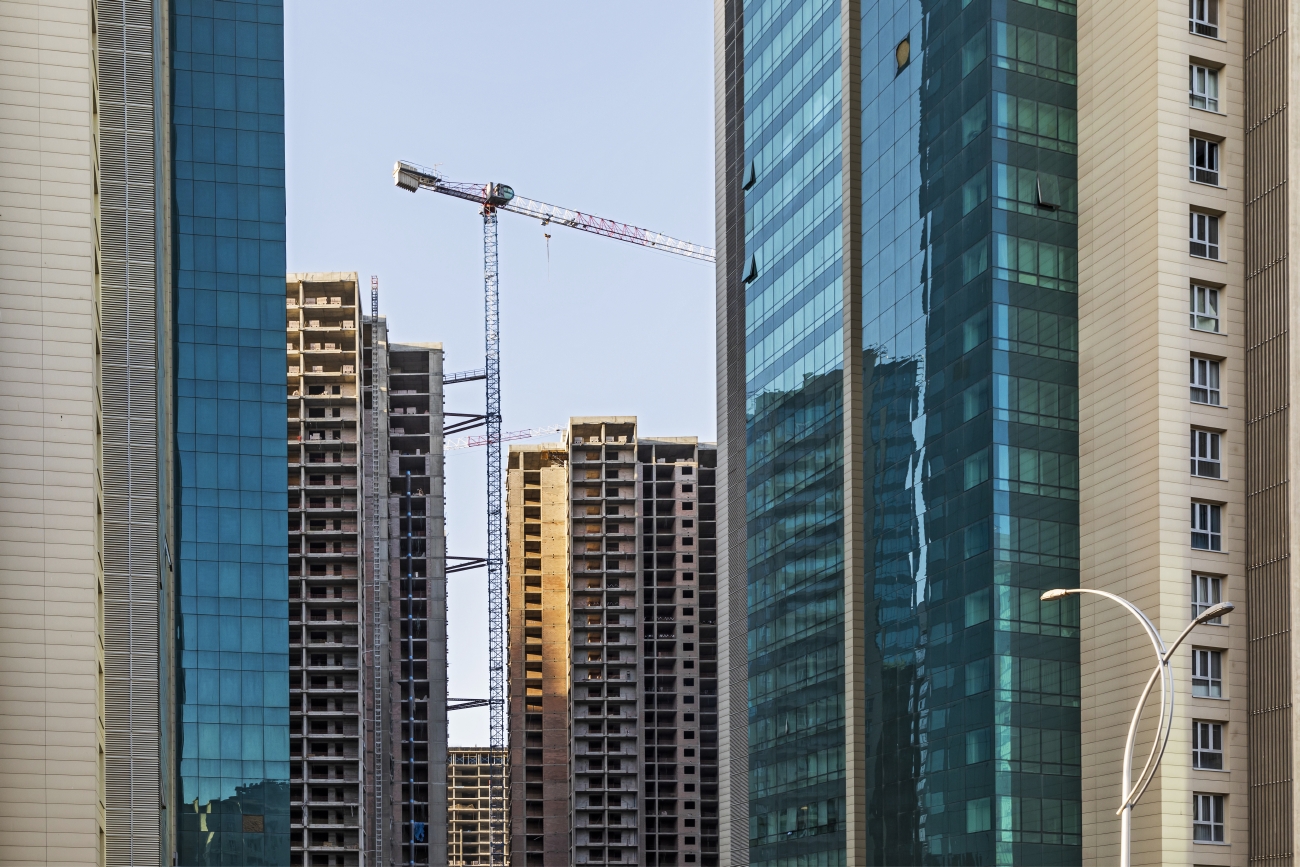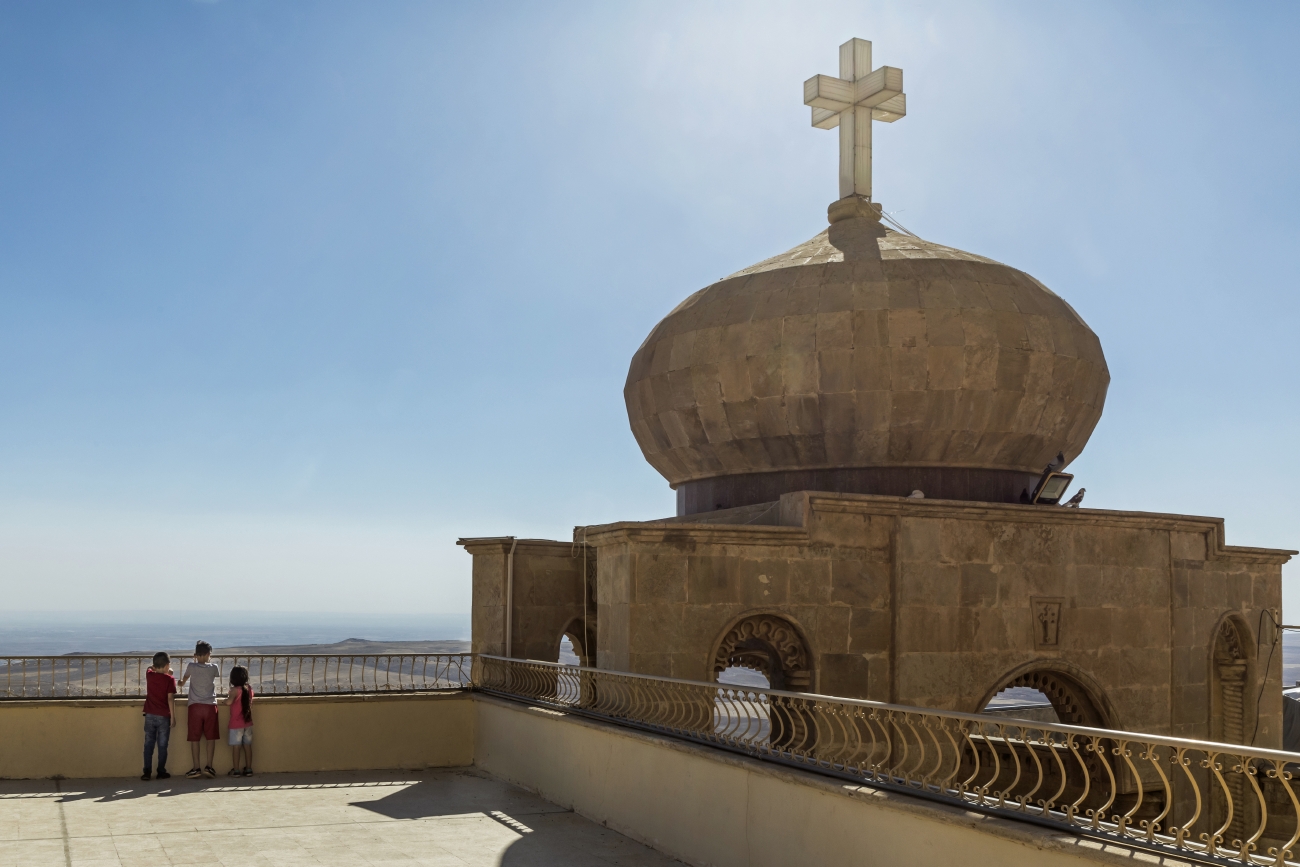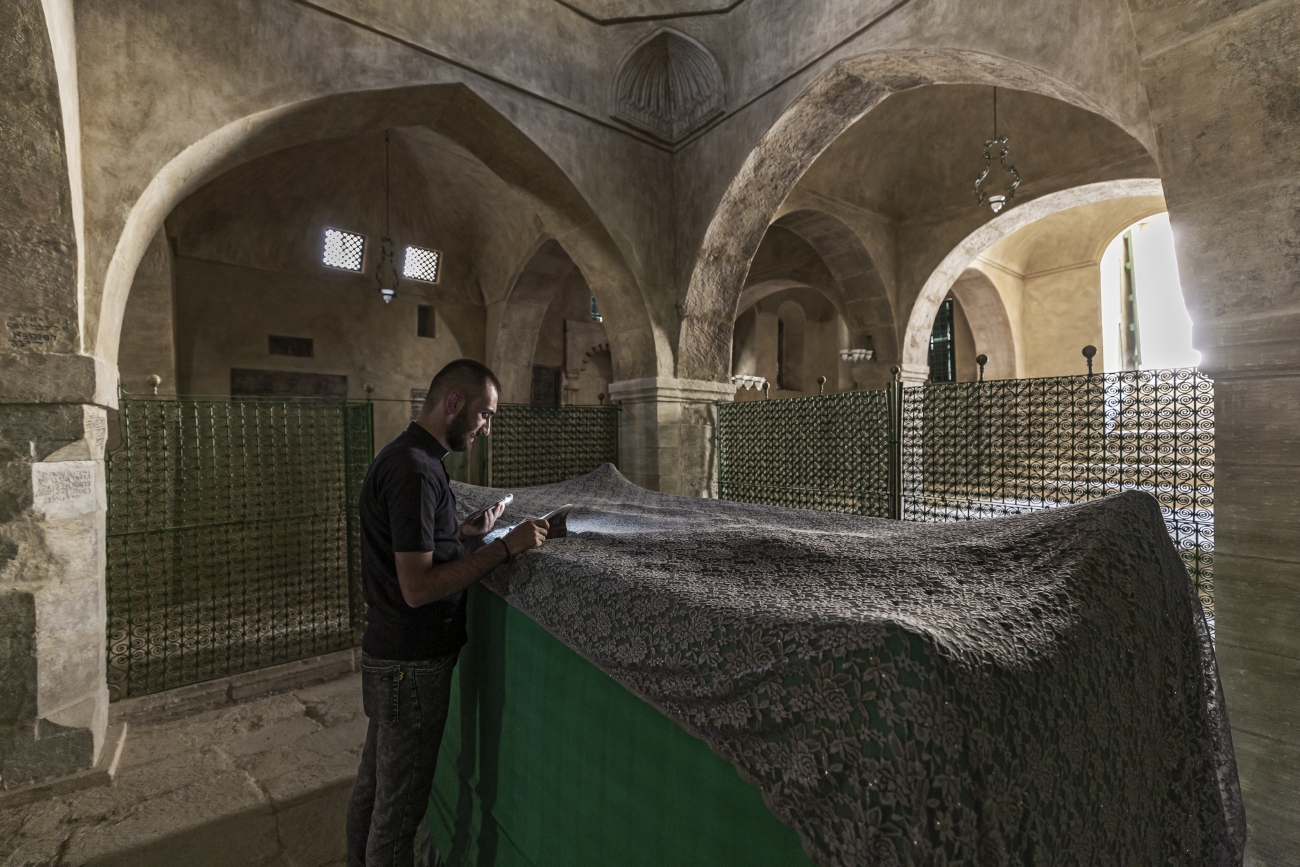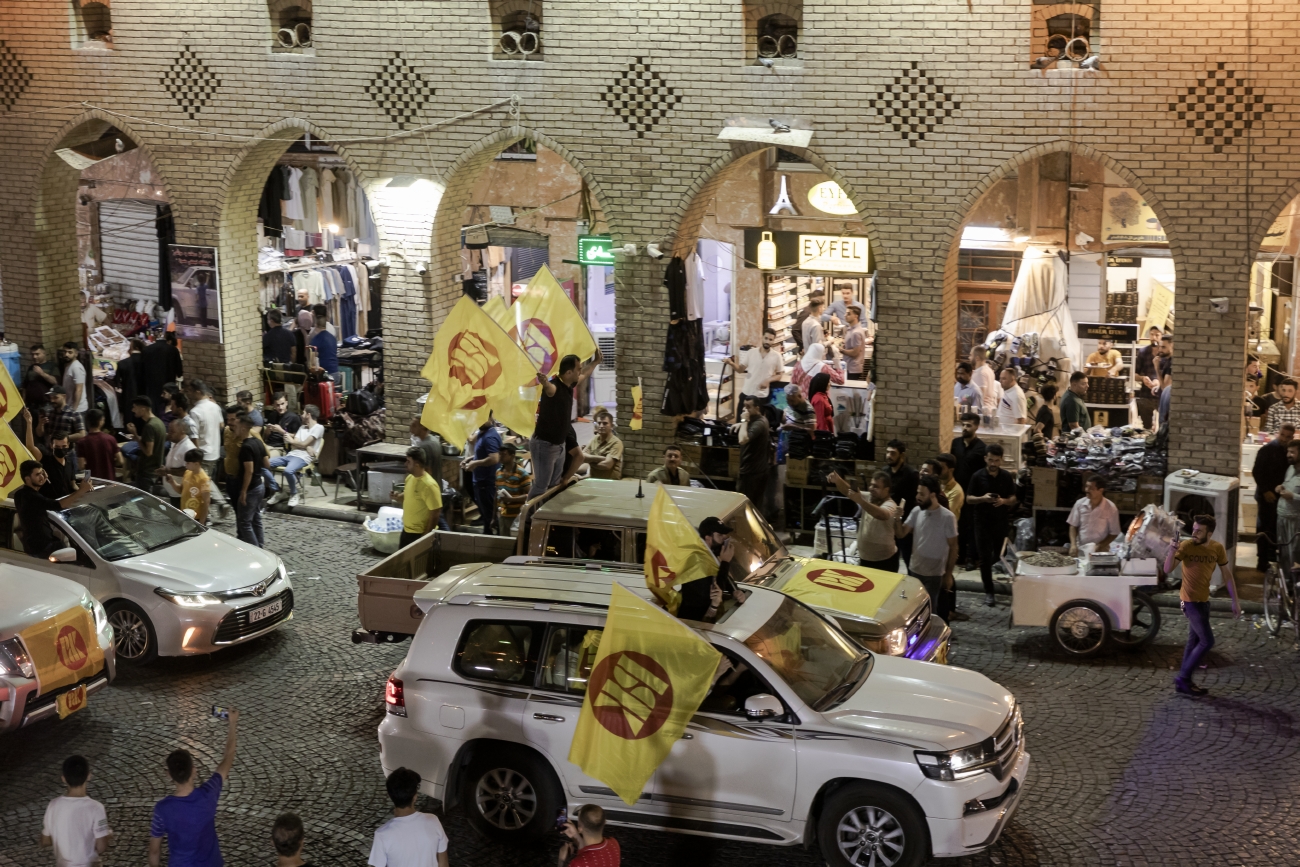The Indiscernible State
What does the future hold for Iraqi Kurdistan?
Photo by Bruno Zanzottera
Often defined as a de facto state or a state within a state, the name Kurdistan refers to the large region that spans areas in Turkey, Syria, Iran and Iraq inhabited largely by Kurdish peoples, a population that has never managed to gain its own independence. Nowadays, in each of these nations, the Kurds’ lived experience differs substantially. In Iraq, following the massacres perpetrated by Saddam Hussein and
then the war fought by the Peshmerga (Kurdish military forces) against ISIS, the Kurds managed to carve out a portion of the territory that they now govern autonomously. It has its own parliament as well as a tricolour flag with the sun at its centre, symbolizing the promise of a brighter future.
Thanks to its relative political stability and control over part of its oil resources, the Iraqi Kurdistan government, under the aegis of the powerful Barzani tribe, harbours dreams of glory. Just a century ago the ancient citadel in Erbil, which is a UNESCO heritage site, was surrounded by desert: today there are eight-lane motorways, viaducts and brand new roads. Oil revenues have financed a massive wave of building speculation and hundreds of buildings are under construction, grouped into residential centres with evocative names like Empire World or Dream City, archetypal ‘non-places’ protected by armed guards at every entrance.
However, away from the capital the wounds from the various conflicts are still raw. Villages once inhabited by Yazidi and Christian minorities are half-destroyed and abandoned while their former inhabitants still reside in refugee camps. In the Yazidi areas the memories of massacres and kidnappings by the ISIS militias are still present on people’s faces, while the Christian community, which until 2003 was estimated to number one and a half million in Iraq, has now shrunk by 95% and continues to decline.
(2022)
